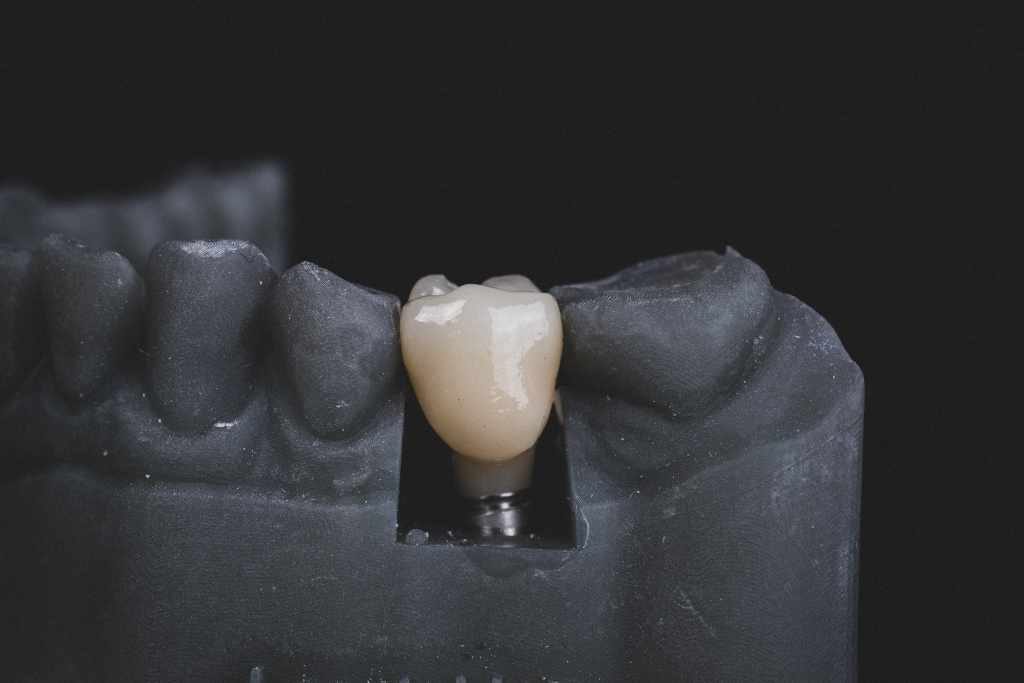We have all heard of situations where a dental implant has not taken root. Unfortunately, you can never have a 100% guarantee that the implant will take, because it is influenced by a huge number of factors and if some you can control, others do not depend on you.
So, what does the implant take root or not take root?
Let’s divide the factors into 2 types: controllable (which depend on the doctor or the patient) and uncontrollable.
Controllable factors include:
- Correct implant selection
- Correct drilling technique
- Adherence to treatment protocols
- Strict adherence to sterility rules
As you can see, all of these factors are the responsibility of the dentist who places the implant. However, there are also those that apply to the patient. What are these factors?
After an implant placing, it is strictly recommended to refrain from:
- Smoking
- Alcohol consumption
- Playing sports (especially high-stress ones)
- SPA-procedures (including baths and saunas)
As a rule, the time needed for the adaptation of the implant is 2-4 weeks. If you have not had any complaints during this time, you are doing well.
Uncontrollable circumstances usually include force majeure circumstances, which carry risks or harm your health and which can also affect the healing ability of the implant.
Why is the choice of implant important and how does an expensive dental implant differ from a cheap one?
One factor that affects the likelihood of an implant taking root is the “purity of the metal.” The dental implant itself is usually made of titanium, which has excellent biocompatibility with the human body. However, the metal in cheaper implants may undergo fewer purification steps and consequently have impurities of other metals, which affects its probability of engraftment.
Another factor is the sterility of the surface. If the cleanliness was not enough, it can affect the immunity and the engraftment of the implant.
So when choosing who to place your implant, choose only proven clinics, doctors, and materials. It will save you time, money and, of course, nerves.

